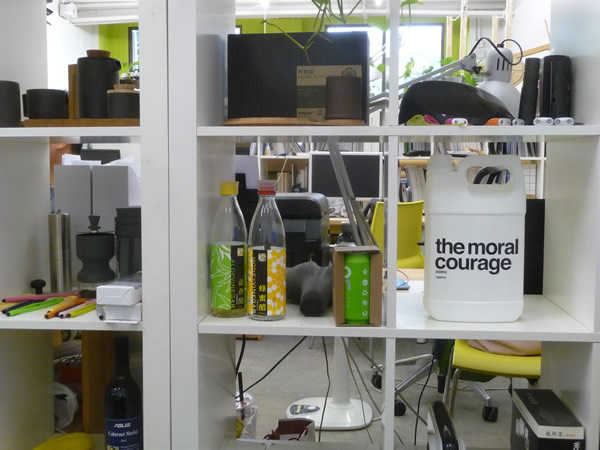Too often the cities we have disappoint and there is an urgency to make dramatic changes. Too often they are ugly, too often there are sharp divisions between the rich and the poor, too often corrupting influences hold sway, too often there is an insufficient balance between public and private interests.
’The City We Need’ is a global advocacy process connected to UN-Habitat and organized by their World Urban Campaign. It has involved meetings in 26 cities across the world and over 6000 people. Each city has chosen a theme and its work is intended to shape ‘The New Urban Paradigm‘ to be adopted at the UN’s Habitat III Summit in Quito, Ecuador in October. Its aim is to make the UN’s Goal 11 to “Make cities and human settlements inclusive, safe, resilient and sustainable” a reality.
Charles co-curated and moderated the German contribution held in Mannheim where 480 participants explored ‘Urban Citizenship in a Nomadic World’. Other cities chose themes like public space, children and young people or how to use technology in a smart, clever way.
Across the world there was a collective agreement (how could you disagree) for cities to be: healthy, regenerative, affordable, equitable, economically vibrant, walkable, well-designed and well-managed at a metropolitan level and crucially distinctive. The important point Mannheim added was that the notion of the ‘common good’ and ‘justice’ be highlighted as overarching themes for good city making.
Mannheim’s central concern was to ask itself honestly why these worthy objectives are not being met and why so many cities disillusion us often creating unhappiness and distress. What are the obstacles to achieving the public purposes of the city?
The conclusion was that we rarely discuss power or self-interest and avoid putting the public interest centre-stage whereby the dynamics of the market are pushed by incentives and regulations into bigger picture purposes.
The Mannheim assembly believed it was necessary to re-affirm that cities at their best are open and this openness makes them cradles of civilization. Openness is the key to successful city making that is vigorous, fair, transparent, diverse and accessible. It is the lively democratic, humanistic and secular city that creates the rules of engagement for people to share and live together within their differences and diversity.
This civic conception of openness is not universally accepted and there are increasingly negative reactions across the globe. In the fast and relentless dynamic of urban change with its disruptive economic forces that create a sense of anxiety and uncertainty, the alternative has been to appeal to a politics of fear, hatred and exclusion. Our response must be not to demonise but to understand and engage with these people based on our constructive alternative of openness and hope.
The new norm is nomadic, there is mobility and not only for people, but for capital, for jobs, for commodities, for information, for ideas. In the new interdependent world, people move within and across countries in search of a better life – never more than today. The vast flows of refugees we are witnessing will remain a permanent feature over the next decades and already seriously affects over 30 countries globally in the North and the South. More than 60 million refugees and some estimate up to a billion other people are in motion. This creates challenges for arrival as well as departure cities. Add to these the frenzied finance movements with companies and factories on the move in search of cheap labour and markets and you have instability on a scale not seen for decades.

